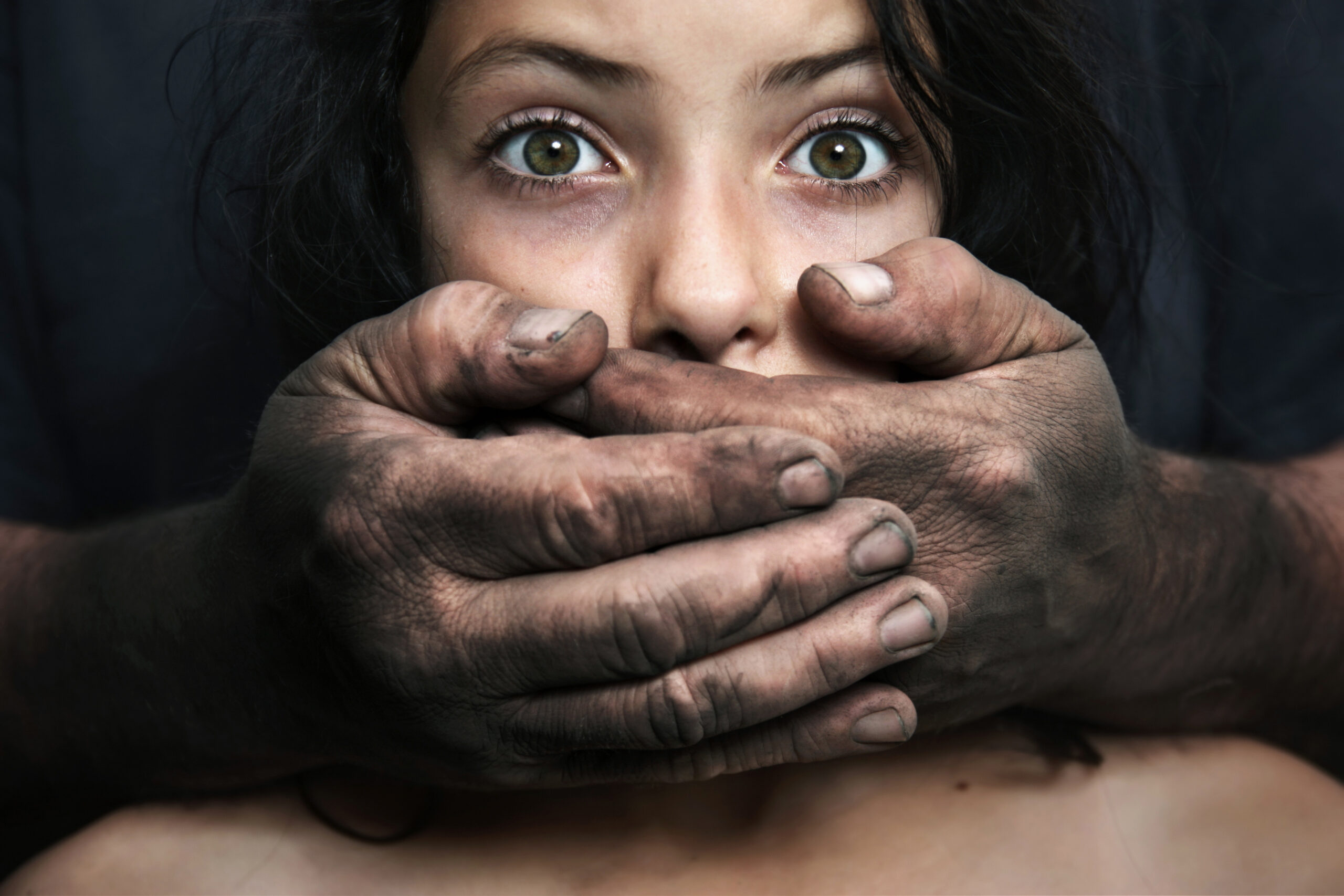By Hannah Maine —
October is Domestic Violence Awareness Month, and we’re shedding some light on what is considered domestic violence and how to recognize the signs of an abusive relationship.
Women are most of the battered party in a relationship; with more than 38 million American women have been victims of domestic violence. However, men are frequently victimized too in both heterosexual and same-sex relationships.
Ten percent of American women will be raped by intimate partners in their lifetime. Identification of perpetrators, raising awareness about abuse, and giving women lifelines to get out of their situation are all key to ending domestic violence.
What is Domestic Violence?
Domestic violence is a pattern of behaviors in a relationship that a partner uses to control and hold power in an intimate relationship.
Contrary to common belief, domestic violence is not always physical. It can also be psychological and emotional. Typically, a partner scares or physically harms another partner in order to control them and assert dominance. This unequal power dynamic can be displayed in a variety of ways.
Some of these behaviors include guilt, insults, withholding finances, manipulation, intimidation, threats, emotional and physical abuse, and sexual coercion. A combination of these behaviors and others are used to force the victim from doing what they want and, instead, doing what the perpetrator wants.
How to Spot Domestic Violence
Some of the signs of domestic violence from a partner include:
- Making you feel that you can never do anything right
- Extreme jealousy of any time spent away from them
- Discouraging you from seeing friends or family
- Controlling over who you spend your time with and what you do
- Insulting or putting you down, making you feel less than
- Using children, pets or other people to threaten or guilt you
- Discouraging you from working or attending school
- Doesn’t allow you to make your own decisions
- Threatening you with guns, knives or other weapons
- Pressuring or coercing you to have sex, use drugs or alcohol
- Controlling over finances
- Controlling what you post, who you talk to and how you use social media platforms
Experiencing domestic violence can cause extreme trauma for victims. They will often struggle with their self-worth as well as anxiety and depression. Domestic violence causes victims to feel helpless and hopeless, that nothing will change or be good enough. They also often experience anxiety because they are constantly trying to please or not upset their partner. After extracting from the toxic relationships, it can take time and often professional help to overcome the effects of domestic violence. Seeking out a therapist can help support healing during and after a toxic relationship.
Seeking information about domestic violence, or need shelter? PLEASE visit www.DomesticShelters.org
******************************************************************************************************************
Hannah Maine is the writer behind the mental health advocacy Instagram account @totally.mental. She has a degree in English and Writing from the University of Michigan. Hannah uses her writing skills in her marketing career as well as in freelance writing about mental health.

